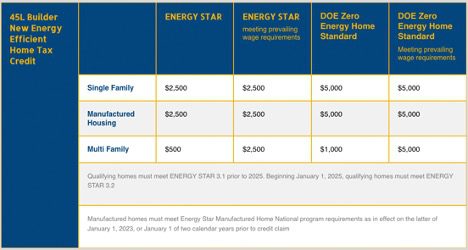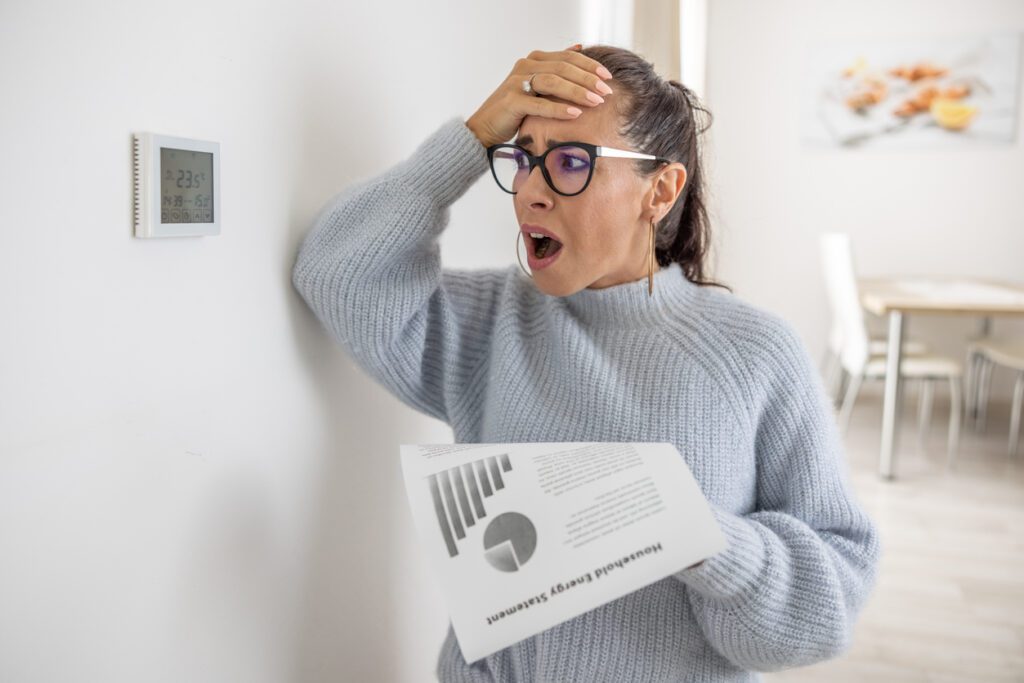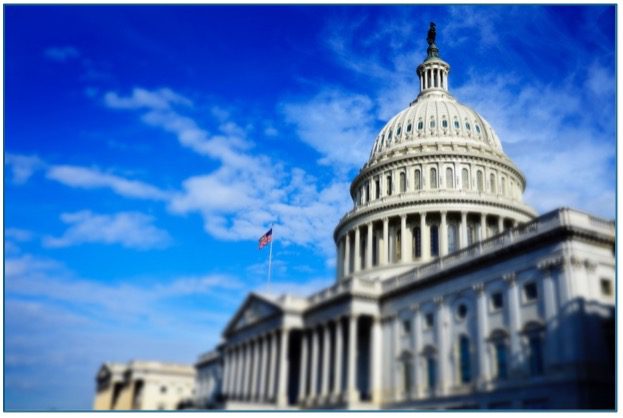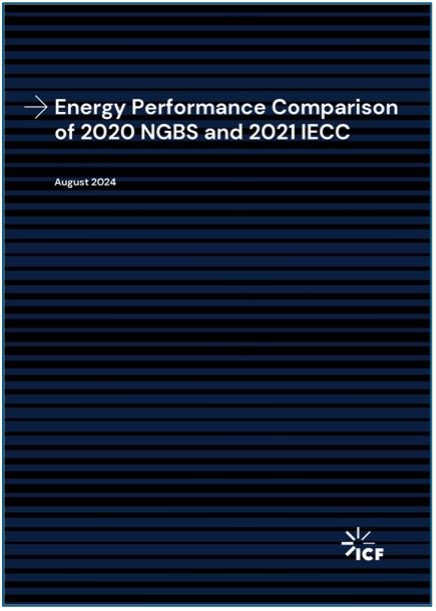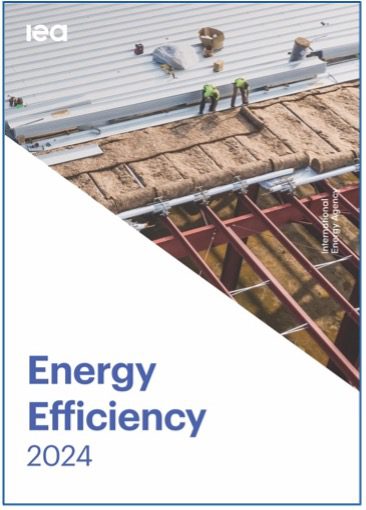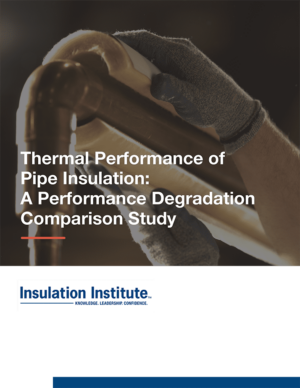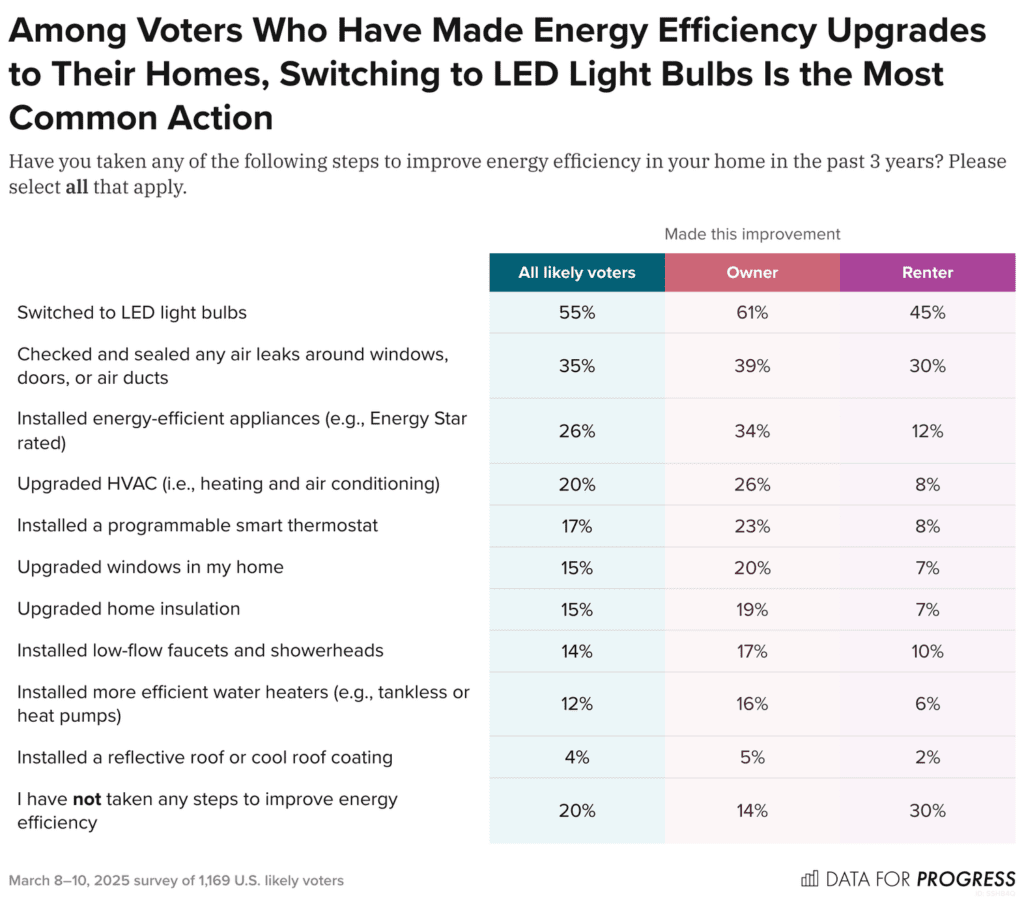
New research released this week from Data for Progress reveals that a bipartisan majority of American voters know about energy efficiency (68 percent) and that it can reduce energy consumption at home and lower household costs. Additionally, U.S. Energy Information Administration data shows that U.S. energy consumption per household declined by 32 percent between 1980 and 2015 even with rising electrification and appliance use. Yet, despite the broad awareness of and appreciation for energy efficiency, most voters are unaware of top actions and incentives for efficiency improvements.
